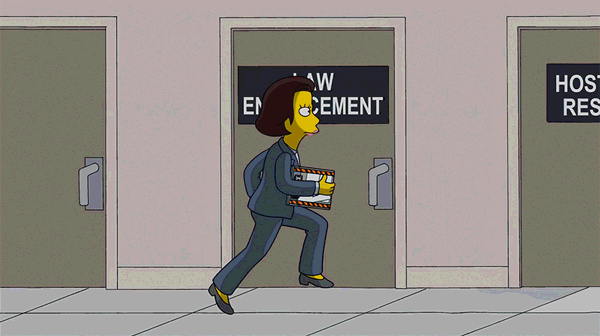Link
Julia Reda's blog
The European Commission paid 360,000 (about $428,000) for a study on how piracy impacts the sales of copyrighted music, books, video games, and movies. But the EU never shared the reportpossibly because it determined that there is no evidence that piracy is a major problem.
The Dutch firm Ecory was commissioned to research the impact of piracy for several months, eventually submitting a 304-page report to the EU in May 2015. The report concluded that: In general, the results do not show robust statistical evidence of displacement of sales by online copyright infringements. That does not necessarily mean that piracy has no effect but only that the statistical analysis does not prove with sufficient reliability that there is an effect.
The report found that illegal downloads and streams can actually boost legal sales of games, according to the report. The only negative link the report found was with major blockbuster films:The results show a displacement rate of 40 percent which means that for every ten recent top films watched illegally, four fewer films are consumed legally.
The study has only come to light now because Julia Reda, a Member of the European Parliament representing the German Pirate Party, posted the report on her personal blog after she got ahold of a copy through an EU Freedom of Information access to document request.
The European Digital Rights organization suggested in a blog post that the full contents of this report was intentionally suppressed, pointing to a 2016 academic paper by two Commission officials. The paper, Movie Piracy and Displaced Sales in Europe, only mentioned the part of the Ecory report that highlights the relationship between piracy and blockbuster film lost sales, and excluded the other findings of the report. Additionally, the paper didnt even disclose that the cited information came from Ecorys study.
Julia Reda's blog
Does copyright infringement negatively affect legal sales? This is a fundamental question with profound implications on the way copyright and copyright enforcement policy should work.
In January 2014, the European Commission awarded the Dutch company Ecorys a contract worth 360.000 to conduct a study on the question.
The 300-page study was delivered to the Commission in May 2015, but was never published. Until today I have managed to get access to a copy: Estimating displacement rates of copyrighted content in the EU
The studys conclusion: With the exception of recently released blockbusters, there is no evidence to support the idea that online copyright infringement displaces sales. While this result is not unique, but consistent with previous studies, it begs the question:
Why did the Commission, after having spent a significant amount of money on it, choose not to publish this study for almost two years?
There is no evidence to support the idea that online copyright infringement displaces sales.Tweet this!
Copyright policy is usually based on the underlying assumption that copyright infringement has a direct negative effect on rightsholders revenues. The most recent example for this kind of reasoning is the Commissions highly controversial proposal of requiring hosting providers to install content filters to surveil all user-uploaded content. The Commission claims this measure is necessary to address a value gap, a supposed displacement of value from licensed music streaming services to hosting services like YouTube, which host a mixture of licensed and unlicensed content. To properly discuss such far-reaching proposals, we clearly need to have access to all available evidence on whether such displacement actually takes place in practice.
This study may have remained buried in a drawer for several more years to come if it werent for an access to documents request I filed under the European Unions Freedom of Information law on July 27, 2017, after having become aware of the public tender for this study dating back to 2013. The Commission failed twice to respond to my request in time, but I expect a final answer with the study and some supplemental material to be officially released by the end of this week.
I would like to invite the Commission to become a provider of more solid and timely evidence to the copyright debate. Such data that is valuable both financially and in terms of its applicability should be available to everyone when it is financed by the European Union it should not be gathering dust on a shelf until someone actively requests it.

